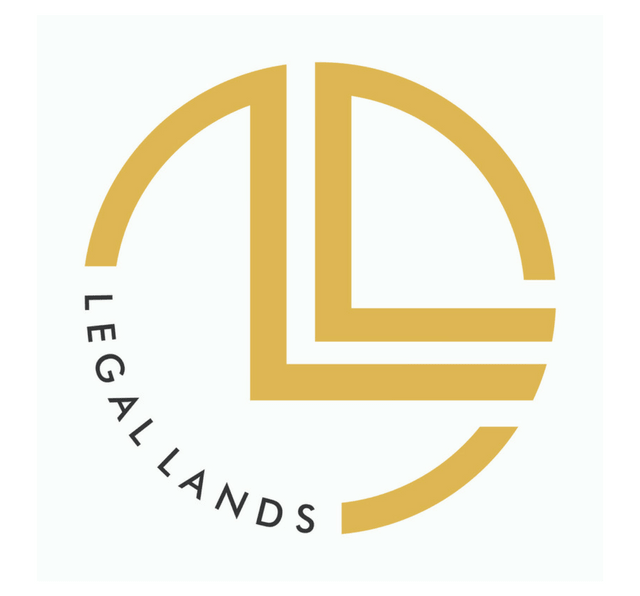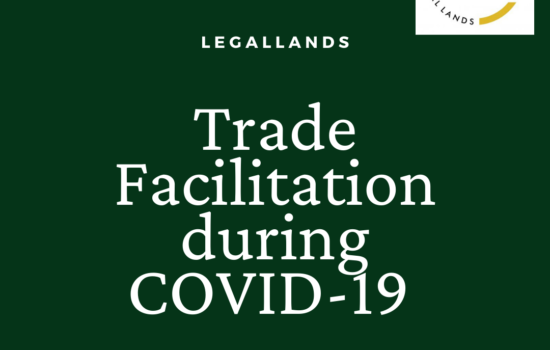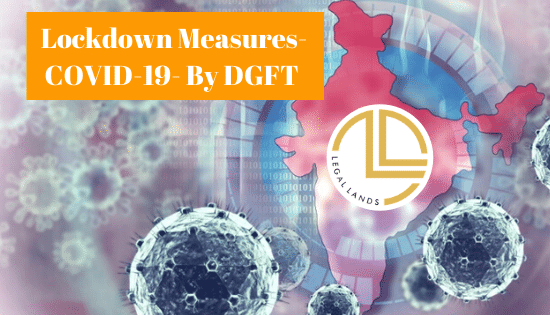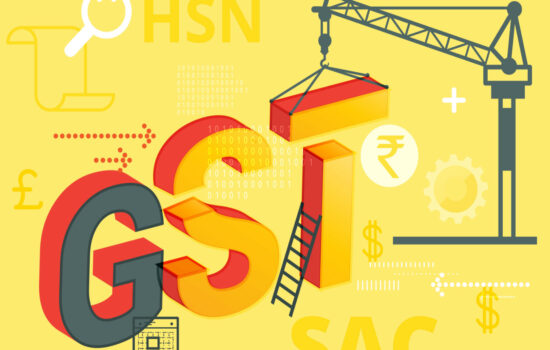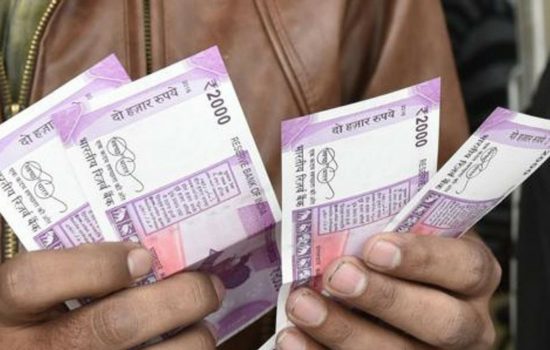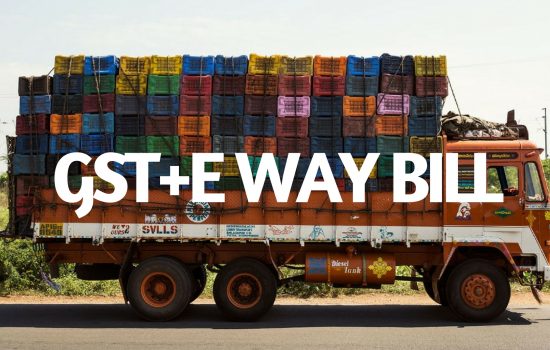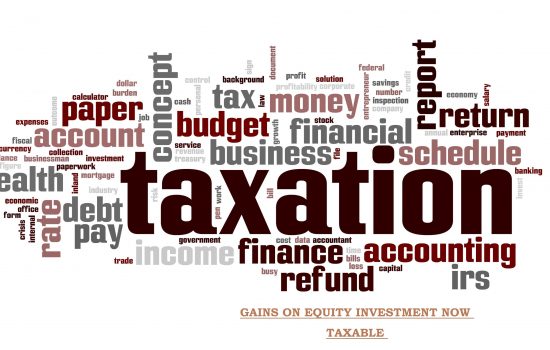Net Neutrality
is the principle that Internet service providers must treat all data on the Internet the same, and not discriminate or charge differently by user, content, website, platform, application, type of attached equipment, or method of communication. For instance, internet service providers are unable to intentionally block, slow down or charge money for specific websites and online content through net neutrality.
In the last few decades, the Internet has emerged as an important resource for innovation and economic growth and as a medium to support information exchange within and across borders. It has attained a size unrivalled by any other network by several orders of magnitude. At present there are no laws enforcing net neutrality in India, today on 28.11.2017, the Telecom Regulatory Authority of India (TRAI) has released its recommendations on “Net Neutrality”
The salient features of the recommendations are:
- The licensing terms should be amplified to provide explicit restrictions on any sort of discrimination in Internet access based on the content being assessed, the protocols being used or the user equipment being deployed. Content would include all content, application, services and any other data, including its end-point information that can be accessed or transmitted over the internet.
- The “discriminatory treatment” in the context of treatment of content would include any form of discrimination, restriction or interference in the treatment of content, including practices like blocking, degrading, slowing down or granting preferential speeds or treatment to any content
- The service providers should be restricted from entering into any arrangement, agreement or contract, by whatever name called, with any person, natural or legal, that has the effect of discriminatory treatment based on content, sender or receiver, protocols, or user equipment.
- The scope of proposed principles on non-discriminatory treatment apply specifically to “Internet Access Services. Which are generally available to the public.
- In order to remove any ambiguity, internet Access Services have been defined.
- Specialised service i.e. services other than Internet Access Services which are optimised for specific content, protocols or user equipment, and where the optimisation is necessary in order to meet specific quality of service requirements shall be exempted from the principles of discriminatory treatment.
- Department of Telecommunications (DoT) may identify specialised services. However, specialised services may be offered by the service provider only if they are not usable (or offered) as a replacement for Internet Access Services; and the provision of such services is not detrimental to the availability and overall quality of Internet Access Services.
- Internet of Things (IoT), as a class of services, are not excluded from the scope of the restrictions on non-discriminatory treatment. However, critical IoT services, which may be identified by DoT, and which specify the definition of specialized services, would be automatically excluded.
- Content Delivery Networks (CDNs), which enable a Telecom Service Provider (TSP) to deliver content within its network without going through the public internet, are exempted from the scope of any restrictions on non- discriminatory treatment.
- The internet Access Services Providers may rake reasonable measurements’ for traffic management, provided the same are proportionate, treatment and transparent, they may also take reasonable measures to preserve integrity and security of network for provisions of Emergency Services, implementations of an order of the court or direction of the Government, or in pursuance of an international treaty.
- TSPs shall be required to declare their Traffic Management Practices (TMP), as and when deployed and the impact it may have has on the users, the disclosure requirements shall also include information about specialized services, direct or indirect arrangements entered into by them.
- For monitoring and investigation of violations, a collaborative mechanism has been recommended to eb established in the dorm of a mufti-stakeholder body comprising members representing different categories’ of TSPs and ISPs, large and small content providers, representatives from research and academia, civil society organizations and consumer representation. This body which would be responsible for developing technical standards pertaining to monitoring of TMPs and enforcement of the principles on non-discriminatory treatment and making appropriate recommendations to the Authority. The Government / Authority shall reserve the right to seek any information from the committee, investigate its conduct to ensure transparency and fair treatment to all its members, and issue appropriate regulations, directions, orders or guidelines as and when needed.
- These recommendations are being made without prejudice to the power and functions conferred upon the Authority as per TRAI Act, 1997. Therefore, pending the considerations of these recommendations, the authority may regulate the manner in which the current licensing requirement of unrestricted access to all content on the internet is implemented and enforced. The Authority may also frame regulations or take other measures, as and when deemed necessary.
Our Corporate Professional Team is ever willing to provide assistance on any issue concerning GST, Insolvency and Bankruptcy Law, Business Model Advisory in India and Abroad, Customs Law, Corporate & Commercial Advisory, IPRs. Secretarial Compliance, Agreement Drafting & Negotiations etc. you may write us on connect@lawyer.legallands.com,
Best Regards,
Corporate Professional Team
